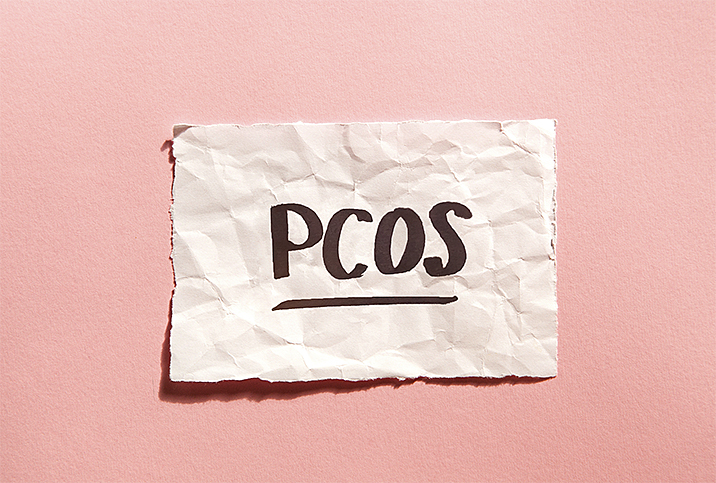3 Factors That Can Contribute to Pregnancy Struggles

As in life, when it comes to fertility, there are some things we can control and some we cannot. If you're trying to increase your odds of a positive pregnancy test, you should be aware of a few pivotal factors.
Aging
Trends show that people in the U.S. are generally waiting longer to start families, with about 20 percent holding off on having their first child until after age 35.
Unfortunately, biology doesn't always line up with our plans. Women's peak reproductive years are between the late teens and late 20s. Once females turn 30, their fertility starts to decline at an increasing pace. By age 45, most women face a significant challenge to conceive naturally, and approximately one-third of women over 35 face fertility issues.
Age can reduce fertility in several ways:
- Age-related health conditions can contribute to reproductive problems.
- Ovaries contain fewer eggs, and the eggs are not as healthy.
- Ovaries have a harder time releasing an egg (ovulation).
- Pregnancies don't always go full term because the chances of miscarriage are higher.
Egg freezing (called oocyte cryopreservation) is growing in popularity despite its high expense. During the procedure, a fertility specialist removes eggs from the ovaries while they're healthier and more plentiful, and stores them for use later. Stored eggs can be fertilized with sperm in a laboratory and implanted in the uterus through in vitro fertilization (IVF).
Medical conditions
Polycystic ovary syndrome (PCOS), one of the most common causes of infertility, affects 5 to 10 percent of women of childbearing age. PCOS is characterized in part by an excess of androgens, which upsets the body's hormonal balance. Among many other symptoms, PCOS can prevent proper ovulation.
Many individuals are diagnosed with PCOS after struggling to get pregnant. Fortunately, several treatment options are available, including medications, IVF or even surgery.
Other medical conditions that may contribute to infertility include:
- Disorders that block the fallopian tubes (pelvic inflammatory disease, endometriosis, or prior surgery for ectopic pregnancy)
- Primary ovarian insufficiency
- Sexually transmitted infections
- Untreated thyroid problems (hyperthyroidism, hypothyroidism)
- Uterine fibroids
If you're struggling to conceive naturally, visit your doctor for testing to rule out possible issues and receive treatment if needed.
Lifestyle choices
Leading a healthy lifestyle is one of the most effective ways to boost fertility. Not smoking and maintaining a healthy weight are two ways to take control of your reproductive health and set up a healthy future for yourself and your growing family.
Smoking cigarettes affects both female and male fertility. In females, smoking speeds up the rate of egg loss. Females who smoke also enter menopause earlier than nonsmokers. For males, smoking can decrease the quality and quantity of sperm. Smoking also increases the risk of miscarriage and birth defects. If either partner smokes, both are at risk of these effects due to secondhand smoke.
If ever there was a good time to quit smoking, it's now. If you are trying to become pregnant, talk to your healthcare professional before you start to use any nicotine-replacement products.
Being overweight or underweight can also negatively influence fertility. The ovaries are typically the primary source of estrogen production, but fat cells produce estrogen as well. In the case of someone who is overweight, the fat cells grow and create more estrogen, and excess estrogen acts similarly to birth control pills and can inhibit ovulation.
Conversely, someone who is underweight may not make enough estrogen and end up with irregular periods. Ovulation and menstruation may stop due to too much exercise or restrictive eating habits.
If you believe your weight is contributing to your infertility, talk to your doctor about formulating a health plan that's right for you.
Infertility is a very common problem; fortunately, there are many paths to treat and circumvent it. Talk to your healthcare provider for help developing a plan that takes your age, health, lifestyle and desired timeline into account.


















